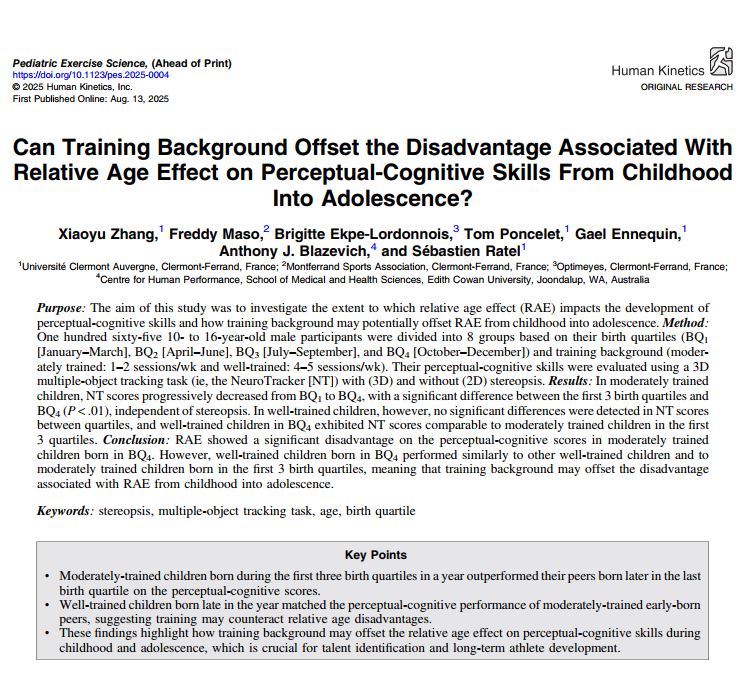Welcome to the Research and Strategy Services at in today's fast-paced.


We’re all aware that sports help to challenge our physical limits and our willpower. However, we typically don’t realize that our cognitive abilities are also pushed to their limits by the demands of competition. Just like the physical demands of sports, these go way beyond what we experience in normal, everyday life, and with surprising frequency.
Albert Einstein once said, "One must develop an instinct for what one can just barely achieve through one's greatest efforts." Here we will reveal 3 ways that sports present the brain with opportunities to engage such efforts.
In sports, things happen fast. This is one reason why we associate faster reactions with better performance on the field. Although it sometimes seems like it, actions don’t just happen. Before sports actions are executed, perceptual and cognitive processes must first absorb sensory information, interpret it, make predictions about future outcomes, and then formulate a decision on how to act.

In most day to day situations, there’s little time pressure involved, such as deciding whether to make a cup of coffee or a cup of tea. In contrast, sports sometimes require critical decisions and action-responses to be processed in mere tenths of a second. Classic examples here are returning a tennis serve or hitting a pitch in baseball. For the dynamic play in team sports such as basketball, myriads of action-responses need to be made extremely quickly and continuously, or even simultaneously.
Sensing, perceiving, evaluating, and then acting at such high speeds, taxes the brain to its limits. The advantage of reaction speed doesn’t come so much from how fast an athlete moves, but rather how fast their brain’s processing speed is.
To most people, 'working memory' conjures thoughts of holding a phone number in mind. In fact, it’s much more than memory - the ‘working’ part is pivotal. Think of it as a kind of mental multitasking. Not only do we need to keep several pieces of information accessible in the forefront of our mind, we also need to perform cognitive operations on them - manipulating or transforming them in ways that produce something useful to us.
In sports, we need to do this for many things going on around us, both simultaneously and quickly. The demands depend on how many different things need to be held in mind, and how complex it is to meaningfully process them.
A simple example is a soccer goalkeeper who has to predict which player is most likely to shoot at their goal.

If there are two players, the goalie needs to look at both of them and figure out who is more likely to shoot, which would typically include evaluating the following.
Within seconds, a professional level goalie will make these evaluations, then hold them in his mind to compare them against each other, work out the biggest threat, and then take action to be ready to stop that player’s shot.
Of course, it can get a lot more complicated than just anticipating two players. Predicting what opponents will do, or how a play will unfold, even just minutes into the future increases the loads placed on working memory exponentially. Performing well in any sport where there is a lot happening and action is changing all the time, will involve huge demands on working memory.
There aren’t many situations in life where you have to concentrate intensively while performing complex actions and then do so repeatedly for an hour or more. Driving is probably the closest contender. That said, to match the demands of sports competitions, it would have to be something like a movie style car chase.
Although the brain takes up only 2% of our body weight, it’s a glucose furnace, burning around 20% of our total energy and up to a third of our ATP. In physically demanding sports, fatigue places strain on the body’s energy levels, as well as sending a slew of internal sensory noise into our brain.
This combined with the demands of repeated bouts of intense concentration is a key reason why competition errors often take place in the latter stages – one critical slip in attention and its game over. Add to this the emotional rollercoaster that the psychological dimensions of competition can bring, and anyone’s ability to maintain mental focus is tested under real pressure.
There are other ways sports actively engage the brain. However, when you combine just processing speed, working memory and sustained attention, you already have a great recipe for working out mental capacities. Not so surprisingly, research shows that sports activity can boost mental functions and lead to improved cognitive health outcomes. So the next time you train or compete, think about the benefits between the ears!
Check out a related blog here.








Welcome to the Research and Strategy Services at in today's fast-paced.

Standardized testing environments combine predefined formats and time limits that narrow how knowledge can be expressed. This interpretive guide help to distinguish structural constraint from reduced cognitive capacity.

Divided attention demands can alter performance through multiple processing streams rather than reducing cognitive capacity. This article interprets how to distinguish structural allocation from diminished ability under environmental constraint.

Reduced action range can alter performance by narrowing what can be physically or perceptually executed rather than diminishing cognitive ability. This article interprets how to distinguishing structural boundaries from capacity limitation.
.png)